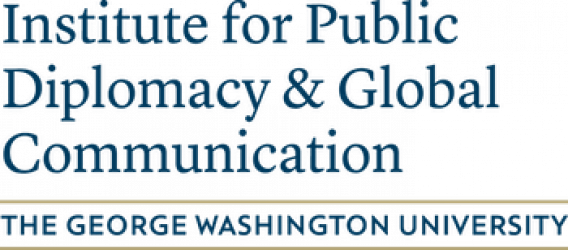
Dear Friend,
Thirteen years ago, the Walter Roberts Endowment was established with generous contributions from Dr. Roberts and the Roberts family. The Endowment was to ensure continued support for public diplomacy through higher learning and research, recognition of leadership and shared best PD practices.
The Endowment has assisted in funding activities of the Institute for Public Diplomacy and Global Communication (IPDGC) at the George Washington University.
The Annual Walter Roberts Lecture for 2020 will feature Dr. Joseph S. Nye, who, 30 years ago, originated the term “soft power” in describing the persuasive approach in U.S. foreign policy. The Lecture will be held on January 30, 2020, at the Elliott School for International Affairs.
The Endowment continues to support IPDGC’s Walter Roberts Award for Congressional Leadership in Public Diplomacy, which honors members of Congress who have been consistently supportive of public diplomacy throughout their careers. These awards support public diplomacy micro-projects in institutions situated in the member’s state or congressional district.
The Endowment also encourages GW graduate students to excel in public diplomacy studies. Hence, to move ahead, we are trying to increase the size of the Endowment to allow us to provide grants to graduate students who could not otherwise afford to study public diplomacy at GW.
We encourage you to join with the Roberts family in continuing to support the vital public diplomacy outreach work that the Endowment underwrites.






